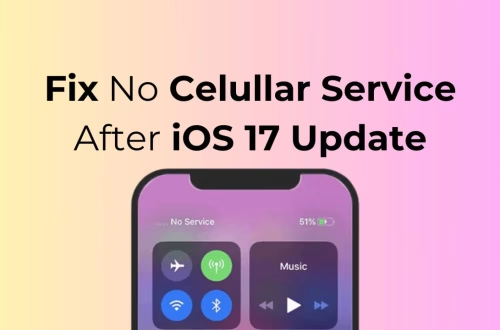US Internet Regulation and Civil Rights 2025
Summary:
As digital landscapes evolve, the debate over US Internet Regulation and Civil Rights in 2025 is intensifying. Policymakers, tech giants, and civil rights advocates clash over proposed restrictions impacting free speech, privacy, and access. Key issues include content moderation laws, net neutrality, and government surveillance—each raising significant constitutional concerns. The outcome will shape not only online freedoms but also the future of democracy, digital equity, and economic opportunity. Understanding these developments is crucial for anyone who relies on the internet for communication, commerce, or activism.
What This Means for You:
- Access to Information May Change: New regulations could limit or prioritize certain types of digital content, affecting how you consume news and engage online. Expect potential shifts in social media algorithms and website accessibility.
- Protect Your Digital Rights: Stay informed about proposed bills and engage with advocacy groups. Contacting legislators or supporting digital rights organizations can help influence policy.
- Prepare for Increased Surveillance: If new laws expand government monitoring, consider using encrypted communication tools like VPNs and secure messaging apps to safeguard privacy.
- Future Outlook or Warning: Without proactive public involvement, 2025 could see further erosion of online freedoms. The balance between regulation and civil liberties will define the internet’s role in democracy for years to come.
US Internet Regulation & Civil Rights in 2025: What You Need to Know
The Current Political Climate
In 2025, US Internet regulation is at a crossroads. Political polarization has led to competing legislative proposals—some promoting stricter content moderation to curb misinformation, while others advocate for absolute free speech. States like Texas and California have already introduced conflicting laws, creating legal battles that could reach the Supreme Court. The federal government is also weighing reforms to Section 230, which shields platforms from liability for user-generated content. These changes could redefine online discourse and accountability.
A Brief History of Internet Regulation
Internet regulation in the US has been shaped by landmark rulings such as Reno v. ACLU (1997), which upheld free speech online, and the repeal of net neutrality in 2017. The Communications Decency Act (1996) and the USA PATRIOT Act expanded both protections and surveillance. Recent debates center on balancing security, innovation, and civil liberties—especially with rising concerns over AI-driven content and election interference.
Human Rights Implications
Internet access is increasingly recognized as a fundamental human right, linked to freedoms of expression and assembly under the First Amendment and international frameworks like the UN’s Human Rights Council resolutions. Proposed restrictions—such as age verification for social media or geo-blocking—risk marginalizing vulnerable groups. Advocates argue that overregulation could stifle dissent, while critics warn unregulated spaces enable hate speech and disinformation.
People Also Ask About:
- Will the US reinstate net neutrality in 2025? While the Biden administration has signaled support, legislative gridlock and industry lobbying make full restoration uncertain. States may continue enforcing their own rules.
- How does Section 230 reform affect free speech? Altering Section 230 could force platforms to censor more content to avoid lawsuits, chilling legitimate discourse while aiming to curb harmful material.
- Can the government legally restrict internet access? Courts have typically struck down broad restrictions as unconstitutional, but targeted measures (e.g., banning apps over data privacy) are increasingly tested.
- What role do social media companies play in regulation? Platforms like Meta and X now act as de facto arbiters of speech, raising questions about corporate power versus public oversight.
Expert Opinion:
The trajectory of internet regulation in 2025 hinges on judicial and legislative decisions that must weigh innovation against civil liberties. Experts caution against reactive laws that fail to address root issues like algorithmic bias or foreign interference. A collaborative approach—balancing transparency, user agency, and oversight—is essential to preserve both security and freedom. Without it, fragmented policies may deepen inequities and trust gaps.
Extra Information:
- ACLU on Internet Free Speech – Analyzes legal battles and advocacy efforts shaping internet rights.
- Electronic Frontier Foundation: Net Neutrality – Tracks ongoing fights for an open internet and policy changes.
Related Key Terms:
- First Amendment and internet free speech rights 2025
- Section 230 reform impact on social media
- US government internet surveillance laws 2025
- Net neutrality legislation updates United States
- Digital civil rights and privacy protections USA
*Featured image provided by Dall-E 3





